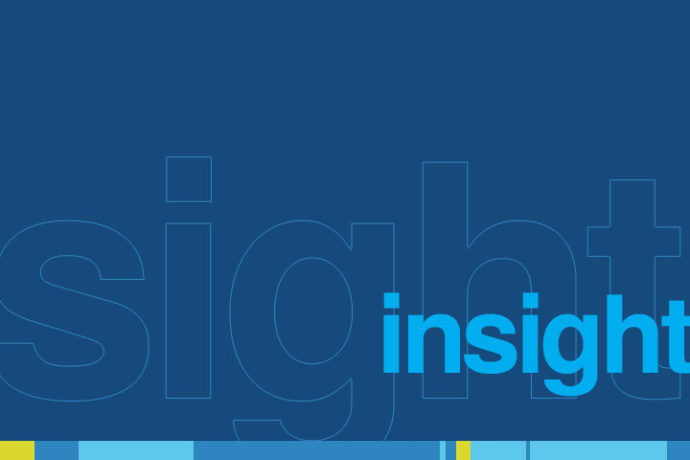
School will be back in session before we know it! As you are planning and making preparations for the new school year, you are no doubt considering important trainings and information for your teachers and staff, but are you considering trainings that are necessary to strengthen the employer-employee relationship from a legal perspective? Such trainings are not only important from a compliance perspective, but also can be invaluable to providing a potential defense to various types of legal claims. For example, did you know that under Title VII, an employer may avoid liability for harassment that does not involve an adverse employment action (such as termination, suspension or demotion) if the employer can demonstrate: (1) it took reasonable steps to prevent and promptly correct sexual harassment in the workplace, and (2) the aggrieved employee unreasonably failed to take advantage of the employer’s preventive or corrective measures? This is often referred to as the “Faragher/Ellerth affirmative defense,” which were two 1998 United States Supreme Court decisions that outlined the defense. Accordingly, it is important that every employer, including charter schools, train employees on appropriate workplace behavior and how to report claims of harassment, and also train supervisors on how to investigate such complaints. Such training should occur on an annual or regular basis. Laws change, the workforce changes, and incidents and behaviors arise that require an employer to remind employees about the types of behavior that are appropriate for the workplace.
Sometimes teachers (and employers) forget that their amazing schools are also workplaces subject to numerous federal and state employment laws, with federal and state agencies ready to pass judgment and assess liability around every corner. As such, charter schools should consider providing training to its office staff, supervisors, and employees on at least the following topics:
For all employees:
- Appropriate workplace conduct: preventing discrimination and harassment claims
- Preventing workplace violence
- Issues related to use of social media in the school
- The do’s and don’ts of workplace email
- Overview of school’s handbook and important employment policies
For supervisors:
- Specialized training for supervisors relating to discrimination and harassment claims
- How to conduct effective investigations into misconduct
- Effective performance evaluations
- Effective workplace performance management
- Performance and conduct standards under the Americans with Disabilities Act
- How to recognize when requests for leave or other employee absences give rise to further responsibility
- Hiring process and background checks
- Taking the fear out of discipline and terminations
Providing employees and supervisors clear guidance as to the “rules of the game” that govern the employer-employee relationship will not only prove to be an important factor in the defense of many types of employment related legal claims, but it will create a better workplace environment that ultimately will benefit everyone in the school, including staff, parents, and students.
Michelle B. Ferguson, an employment lawyer at Ireland Stapleton Pryor & Pascoe, PC, focuses on “preventative employment law.” Michelle works with private and public employers to be proactive in identifying and solving issues before an employment claim is filed. She also represents employers in all types of employment disputes and provides training to employers and their employees on all matters of employment law.
This article is intended as general information on the topic covered and is not to be construed as legal advice. If legal advice is needed, you should consult an attorney.